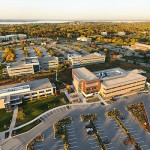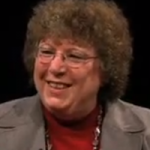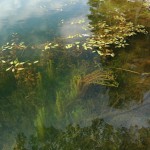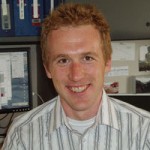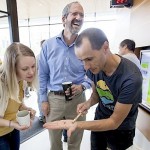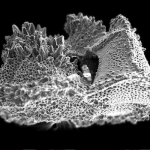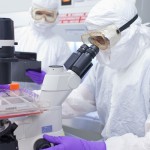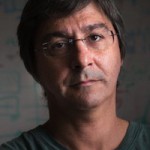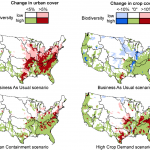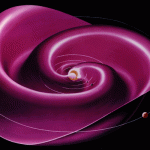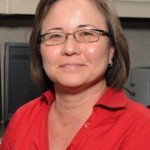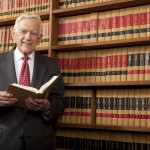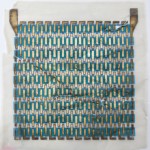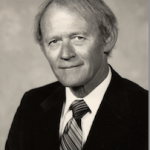Category Science & Technology
Teatime becoming an institution at institutes
For David Krakauer, a cup of tea has long been as much a part of the research process as beakers, computers and lab benches. Read More
New techniques sharpen climate record found in fossil shells
Locked inside the fossil shells of a marine plankton are the secrets of past climate. Read More
Biomanufacturing center takes central role in developing stem-cell therapies
Developing a new drug takes enormous amounts of time, money and skill, but the bar is even higher for a promising stem-cell therapy. Many types of cells derived from these ultra-flexible parent cells are moving toward the market, but the very quality that makes stem cells so valuable also makes them a difficult source of therapeutics. Read More
The sun also flips: 11-year solar cycle wimpy, but peaking
In a 3-meter diameter hollow aluminum sphere, Cary Forest, a University of Wisconsin–Madison physics professor, is stirring and heating plasmas to 500,000 degrees Fahrenheit to experimentally mimic the magnetic field-inducing cosmic dynamos at the heart of planets, stars and other celestial bodies. Read More
UW’s bug-eating advocate had global impact
When Gene DeFoliart had his brainstorm in 1974, not even he thought his brainchild would be an easy sell. As a professor at the University of Wisconsin–Madison, DeFoliart was focusing on how insects spread viral disease. Now he was captivated by an opposite proposition: using insects to foster human health — using them, to be specific, as food. Read More


